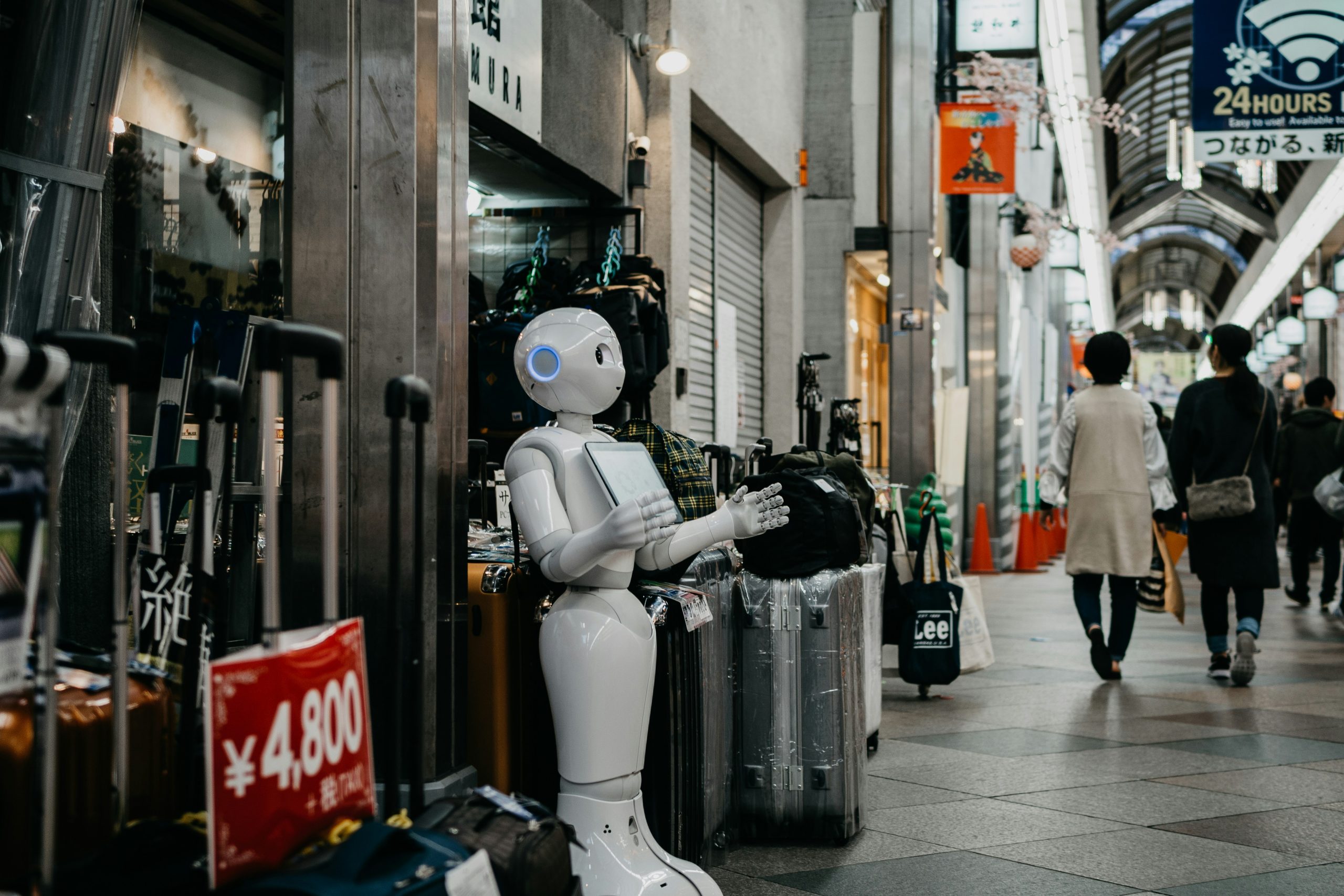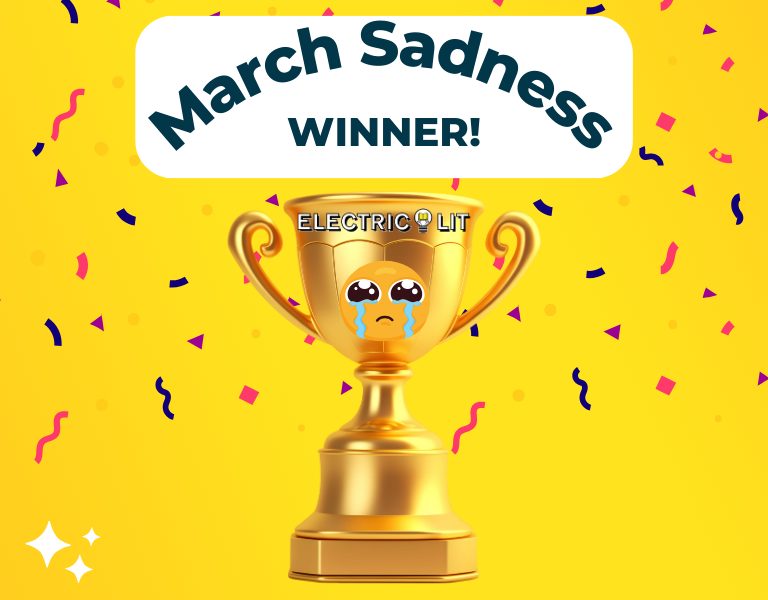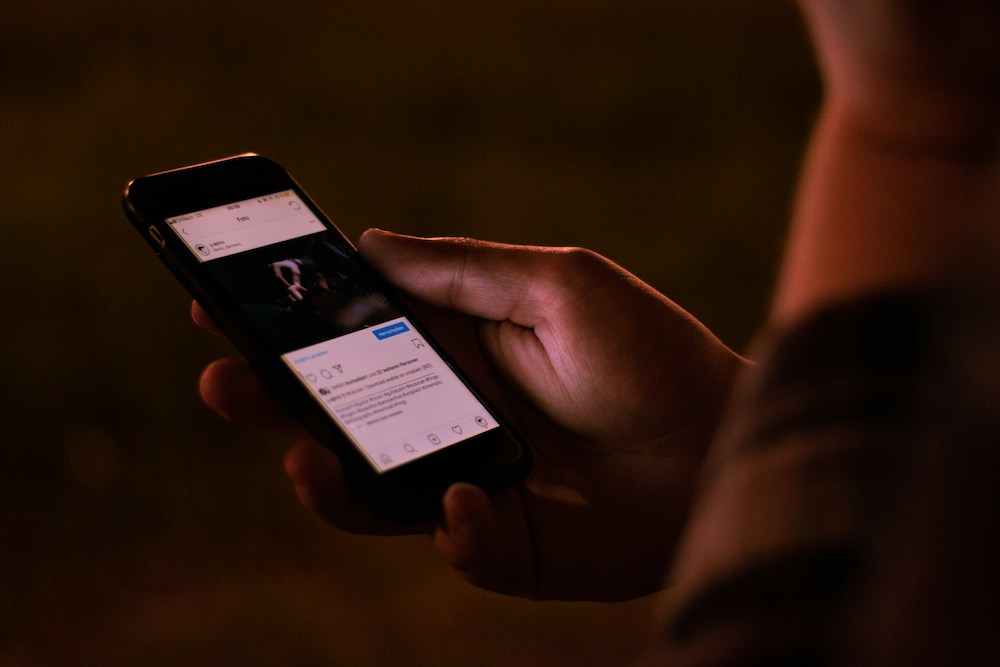interviews
Sam Pink on Writing and Living in Garbage Times
The author’s two new novellas, White Ibis and Garbage Times, embrace the different wildernesses of Chicago and Florida

I discovered Sam Pink in the dark corners of the 2012 Internet. Apparently, this was common means of discovery: many fans caught word of Pink via Tumblr’s then-vibrant literary scene, the whirlwind days of DIY publishing. I immediately read his 2011 novel, Person, an indie cult favorite. I related to Person’s aimless narrator: “I pass an apartment with a dog in the front yard area, walking around unchained. I stop and stare at the dog. The dog stares back. We are in love yeah.”

Pink’s two new novellas, The Garbage Times and White Ibis — published together in a tête-bêche binding — follow their respective narrators through Chicago and Florida. In The Garbage Times, a bar employee hangs out around rats and excrement. In White Ibis, an artist hangs out with birds and birthday girls.
Over email, Pink and I had a discussion that roamed much like his narrators, covering everything from creative processes, to various animals, to the ferocity of Floridian Girl Scouts.

Deirdre Coyle: How did these two novellas, The Garbage Times and White Ibis, wind up together?
Sam Pink: I had just finished The Garbage Times and Andy Hunter from Catapult/Softskull asked me if I had anything. They wanted it. In the time between it being accepted and before it was published, I wrote White Ibis and showed it to them and they wanted it too. Around the same time, I started thinking about publishing them together, and they suggested the same idea. It seemed to make more and more sense. At this point I can’t imagine them as separate.
DC: The Garbage Times and White Ibis have such starkly different, but complementary, landscapes in Chicago versus Florida. What’s your preferred IRL landscape? Are there some places that inspire you more than others?
SP: I didn’t like Florida at first, but I was being a brat. By the time I left, I loved it. It’s a beautiful place. I think I’m inspired by wherever I’m at, because it’s always stuff presenting itself’ in some way. I think that stuff’ and how I react to it differs depending on where I’m at. The Garbage Times and other writing from Chicago has the feel of “Chicago stuff” I feel (i.e., bleak weather, feeling cramped, anger, dark humor), and the writing I’ve done about Florida at a glance appears to be a little more laid back, expansive and calm — it’s “Florida stuff.”
DC: The narrator in The Garbage Times describes “the garbage times” as “where best to just shut the fuck up and do what you had to do. Where best never to complain. And always be ready.” Would you say we’re living in the garbage times now?
SP: Always. Never ever forget it. ARFA (always ready for action). You are always the garbage-person to your own life. Let it pile up all you want, and it might get gross, or confront it and clean up. But you have to will yourself to do it. And the first step of that is saying yes to it. Especially currently, where there is more said of most issues than done about them. You’re either a garbage person, or the ones complaining about the smell. Either way, you are creating garbage, and can do or not do many things with your trash (raises eyebrows and licks ice cream cone).
You are always the garbage-person to your own life. Let it pile up all you want, and it might get gross, or confront it and clean up.
DC: I originally found your work around 2012 through some part of the Internet that I’ve long since forgotten. Did online communities help foster your earlier work?
SP: Yeah for sure. The Internet was really fun and cool for a while. It was what seemed like, a rare moment of freedom opening up, and people capitalizing on it positively to put cool shit into the world and create a way to spend time, without mass marketed/corporate/brand type bullshit fucking it up. It was a real cool thing that helped me meet a lot of cool people and learn more about myself and encouraged me to make/share more. I can honestly say that before encountering the Internet, I genuinely thought, not in a cynical/rhetorical way, that I couldn’t write a book or paint a painting. But then you try and learn about yourself. I appreciate everyone from around that beginning time period, and look forward to newer people resurrecting and cherishing that mode of creating/being.
DC: You’re also a visual artist, as is the narrator in White Ibis (who is coerced into illustrating a group of Girl Scouts). How do you balance your creative projects? Do they ever feed off each other?
SP: Shout-out Girl Scouts of Florida and the world. “Leave it better than you found it,” etc. You are the gentle yet fierce cops we need, but perhaps, don’t deserve? Also nobody parties like a Girl Scout. When was the last time you were at a party (having shown up on time along with all the others), stayed completely sober, talked earnestly with all your friends, had dinner together, made some pictures together, presented your findings on a certain topic in oratorical presentation form, then watched a movie together and “camped out” in a house, all the while knowing you’d wake up excited to have breakfast with your friends, and that you were a troop together, united by the search for more patches?
Deciding which thing to work on is easy if you just listen. My mind would be saying “I don’t want to do this” after painting for a couple months, then I’d write something. And vice-versa. You just have to be honest with yourself. Sometimes, it’s not time. And yes, the different kinds of work feed off each other, although, I feel like writing has fed more off of painting than the other way around. Learning/teaching myself how to paint has helped me apply many new ideas to writing. I would encourage writers to try out other modes of expression to help their writing.
DC: Yeah, I’m often baffled by the way some people have hard and fast rules about their creative processes. I agree that sometimes, it’s not time. What do you work on when you’re not feeling creative at all?
SP: Yeah, the “I have to do at least [x words/x amount of x] per day” is something I don’t understand. I usually don’t feel creative, but I’ll just sit down, and it’ll happen. With that said, when I sit down and nothing happens or I don’t feel like doing it, I go for walks, or play with my cats, or go to the gym.
Nobody parties like a Girl Scout.
DC: I’ve noticed a lot of casually mentioned dinosaurs in your work: in Hurt Others, “I talked about dinosaurs”; in Person, “Man Found Starved. Believed Relative of a Baby Dinosaur”; in White Ibis, “Arrangements for casket attire? Dinosaur costume ALL THE WAY for me.” Can you talk more about your relationship to dinosaurs?
SP: Damn, nice catch. I didn’t even realize that. (I’m imagining you asking the “relationship to dinosaurs” question by putting a mic in my face as I exit a courtroom.) I must have dinos on the brain!!! I think my relationship to them is one of utter confusion. That they existed before us, like they had an earlier chance at earth, still ended up dying out completely. I feel a sense of camaraderie with dinosaurs. Dinosaurs are really exciting. Furthermore, our current existence is almost solely fueled by their bones. WHATTAHHAHAHAH?!>!>!>??!?!?
DC: Do you think birds are dinosaurs?
SP: I have come to deeply love birds after living in Florida. If you’ve never watched a pelican doing what a pelican does, you’re a dinosaur head. If birds are dinosaurs, then fuck yeah, because not only did it take a meteor to kill them off, but then they became something else that continues to live, and has almost no interest in human interaction. They evolved into something that has the ability to just completely leave the general area of any human. In conclusion, if you don’t think about dinosaurs, you are the dinosaur of tomorrow.
DC: There are a lot of really cool animals in both novellas. Aside from the titular bird, do you have a favorite?
SP: I enjoy armadillos a lot. I enjoy willets as well. I also saw a turtle one time at a state park in Gainesville. It was on a piece of wood, floating down a river, but facing backwards, neck extended, mouth open, getting blasted by the sun. I knew in that moment, that I had connected with that turtle in a way that would follow me to the grave.
In conclusion, if you don’t think about dinosaurs, you are the dinosaur of tomorrow.
DC: That reminds me of this passage from Martin Buber’s I and Thou, where he’s talking about making eye contact with a cat: “The beginning of this cat’s glance, lighting up under the touch of my glance, indisputably questioned me: ‘Is it possible that you think of me? Do you really not just want me to have fun? Do I concern you? Do I exist in your sight? Do I really exist? What is it that comes from you? What is it that surrounds me? What is it that comes to me? Whatisit?’” So, did the turtle make eye contact with you???
SP: I like I and Thou and Levinas’ work, too (pretty sure he was a student of Buber). The turtle and I did not make eye contact. Which is awesome. That turtle didn’t give two fucks. That’s one of the things I like about animals, they’re not as needy as people.
DC: What do you think that White Ibis is doing right now?
SP: I can tell you that it’s probably standing on a concrete embankment overlooking a drainage pond, being powerful.










